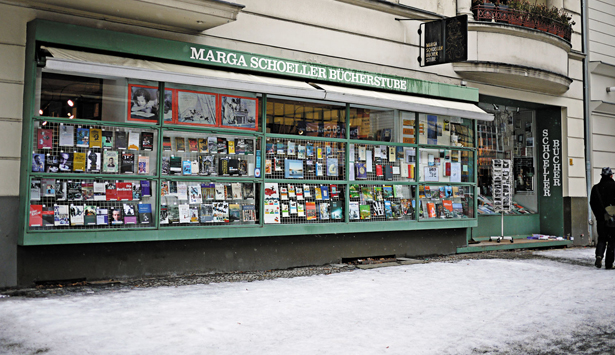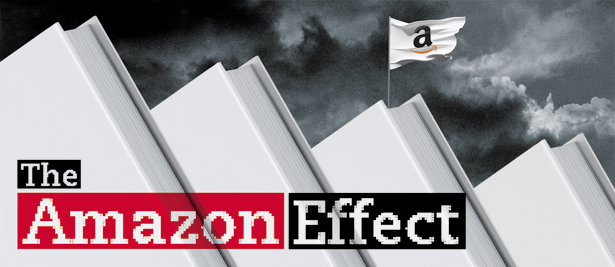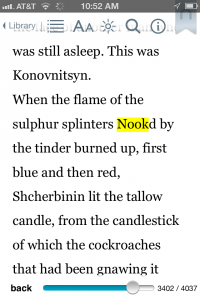In Germany, fixed-price laws curtail the power of retail chains and help to sustain a vibrant literary culture.
Category Archives: Did you Know?
The Amazon Effect
Amazon got big fast, hastening the arrival of digital publishing. But how big is too big?
Wow, just wow: The Nook version of War and Peace had changed every instance of “kindle†or “kindled†into “Nook†and “Nookd,â€
Today another incident casts into relief the contingent nature of electronic books — how readily they are not only deleted or censored, but altered. The Nook version of War and Peace had changed every instance of “kindle†or “kindled†into “Nook†and “Nookd 
War and Nookd :: The Future of the Internet — And How to Stop It.
Why I Still Write Poetry (by Charles Simic)
The mystery to me is that I continued writing poetry long after there was any need for that. My early poems were embarrassingly bad, and the ones that came right after, not much better. I have known in my life a number of young poets with immense talent who gave up poetry even after being told they were geniuses. No one ever made that mistake with me, and yet I kept going.
via Why I Still Write Poetry by Charles Simic, The New York Review of Books.
The stubborn persistence of textbooks
Textbooks are a thing of the past, says the common wisdom. Well, the common wisdom of the Technorati maybe. The problem with that thinking is that the number one publisher in the world is Pearson, a textbook publisher, who brought in $7.75 billion in 2009.
Pearson, as Tim Carmody noted in a January Wired article, owns 50 percent of the Financial Times, as well as the number two trade house: Penguin. The second largest textbook publisher, McGraw-Hill, owns Standard and Poor’s. To say textbooks are big business is like saying bullets are ouchie.
So writing the obituary for textbooks would be putting the cart before the horse. But pretending like they are not changing their shape, if not their nature, is to proclaim, from one’s buggy, that automobiles are a passing fad.
Future U: The stubborn persistence of textbooks | Ars Technica.




